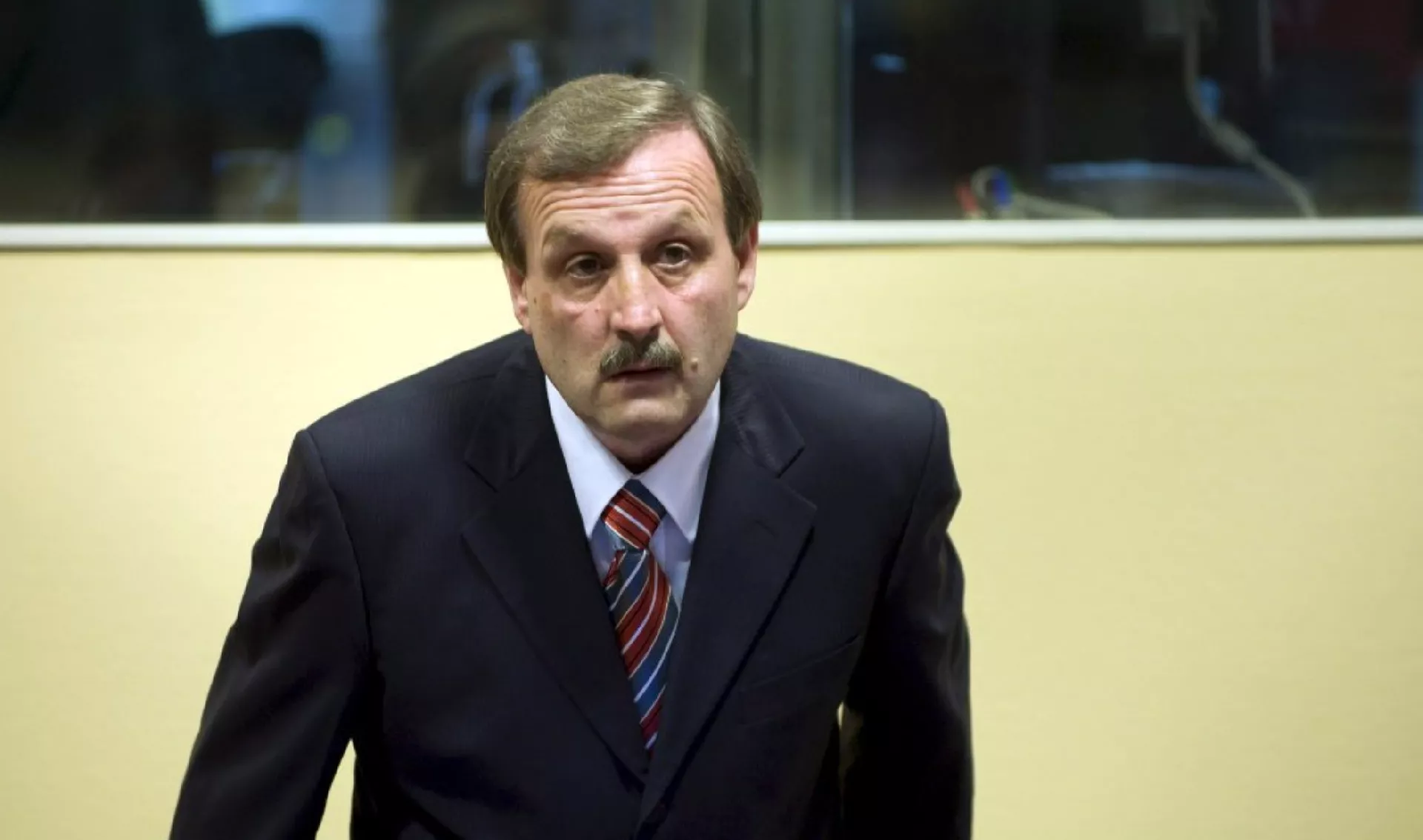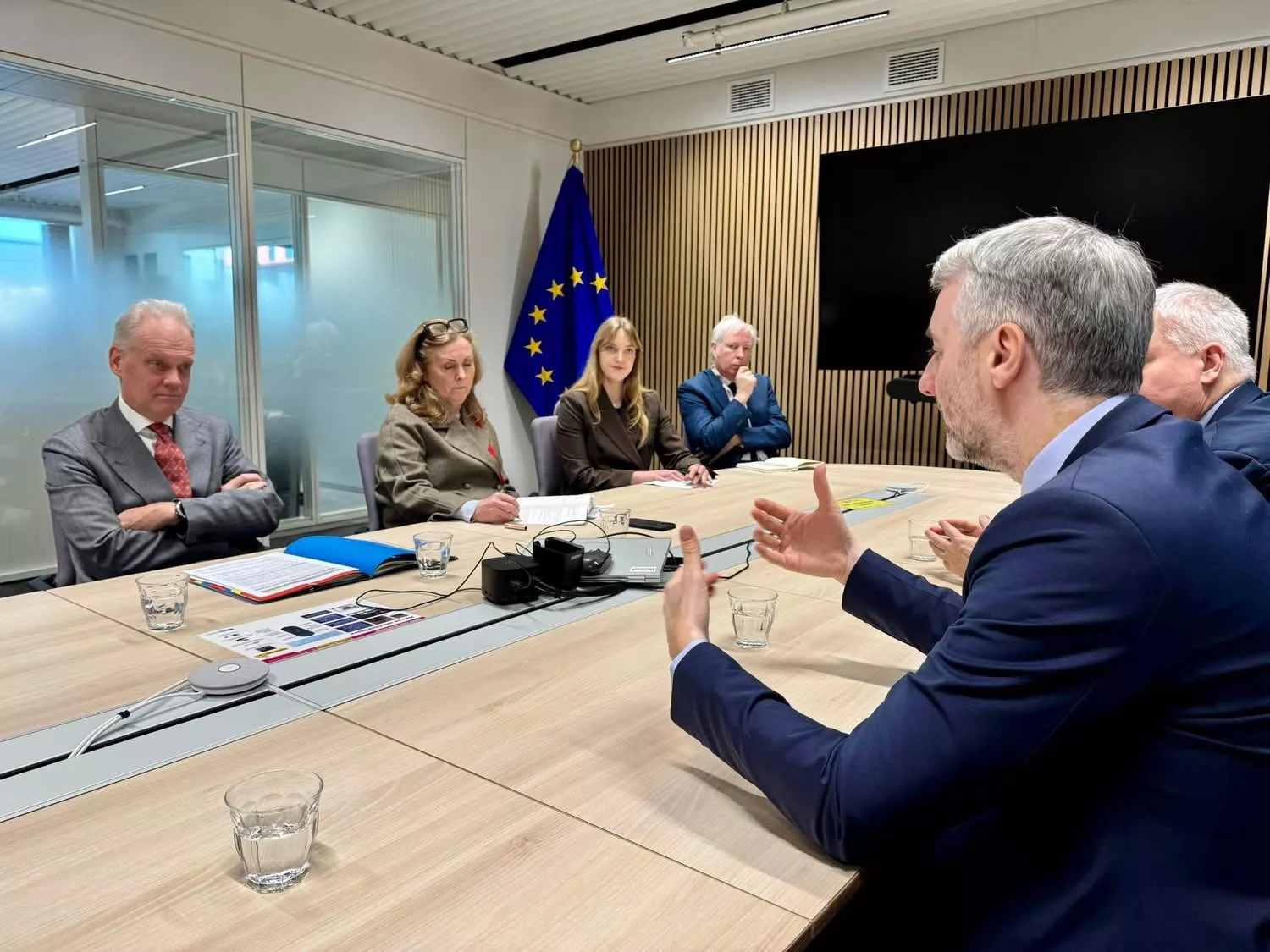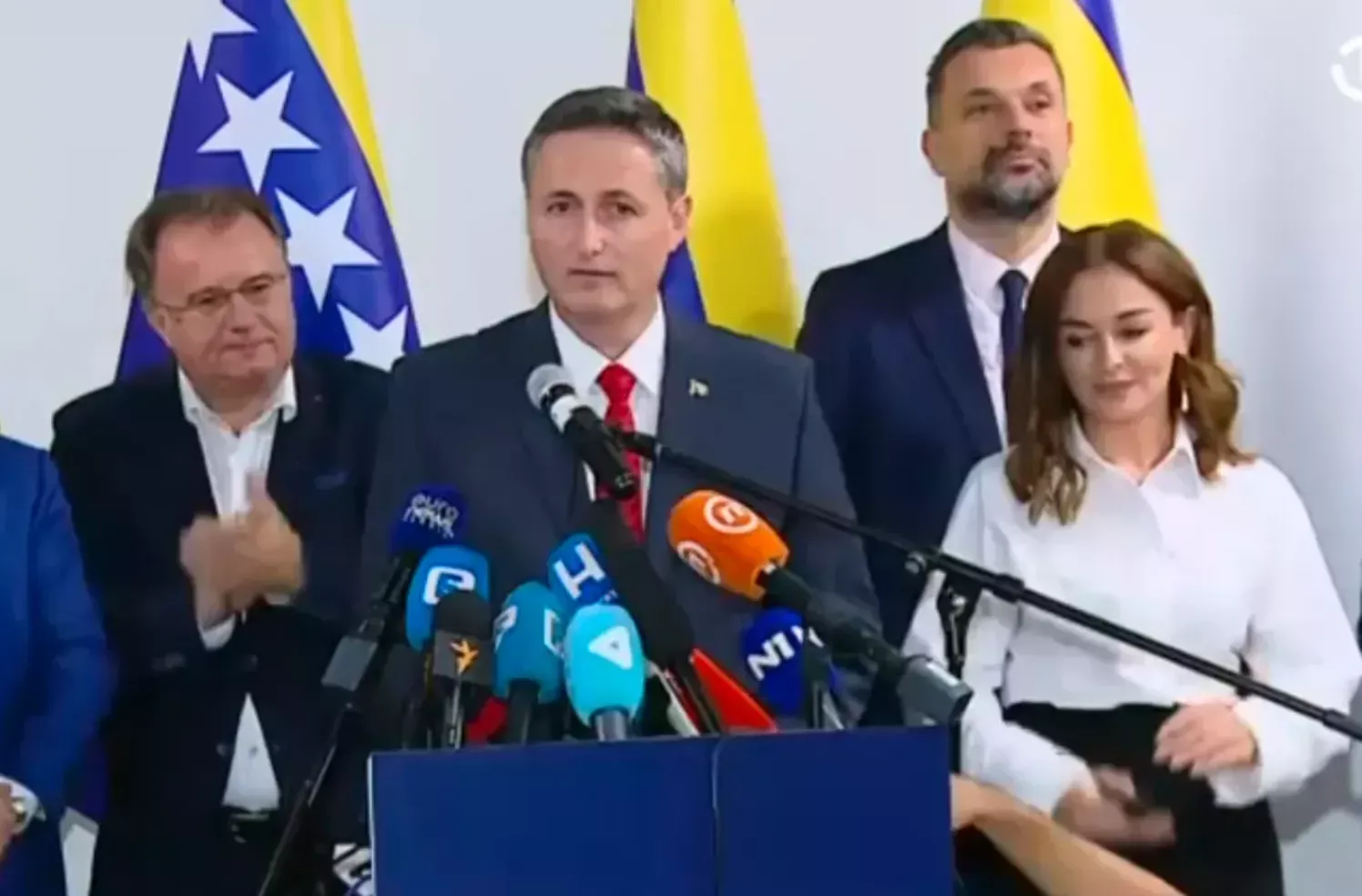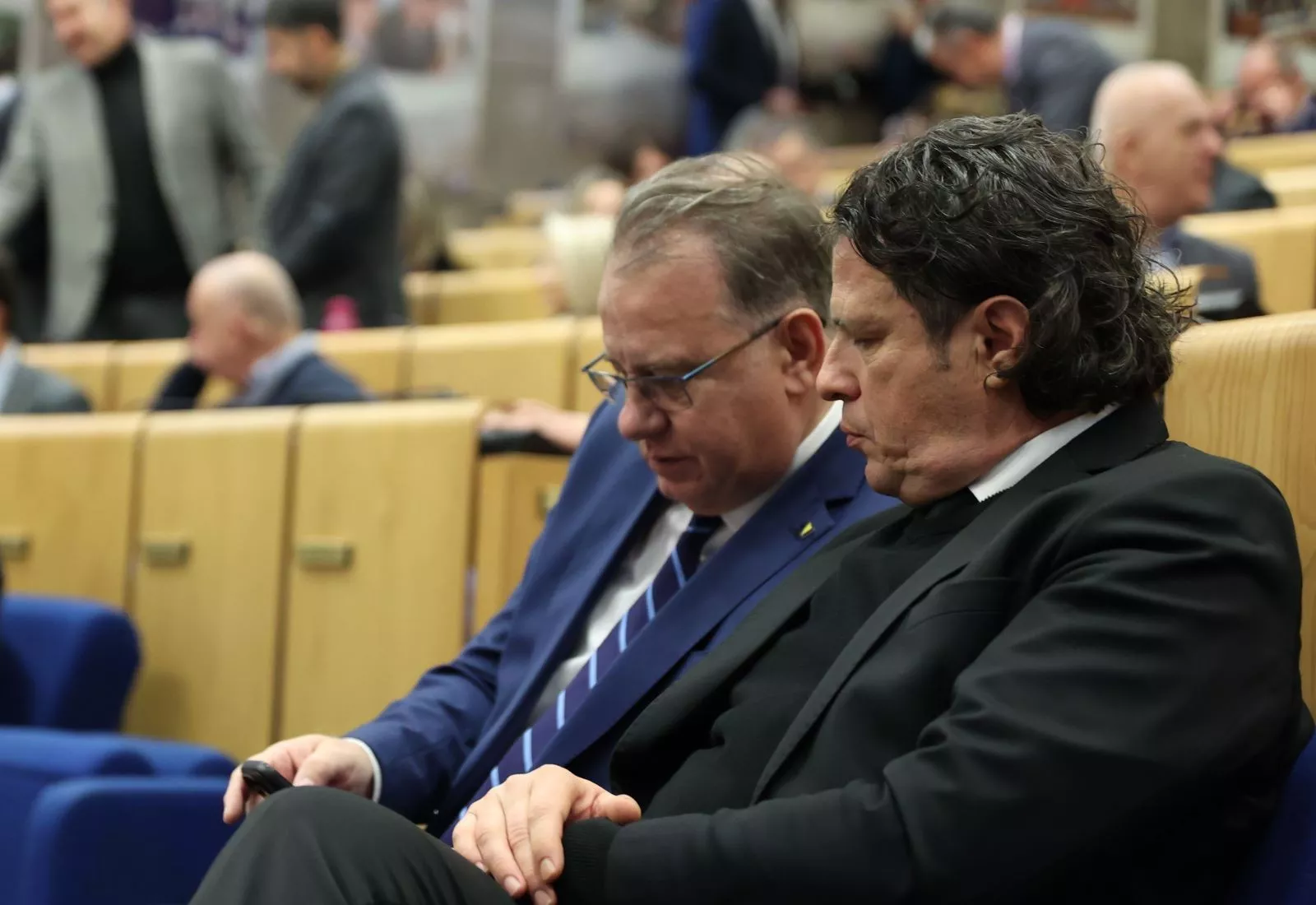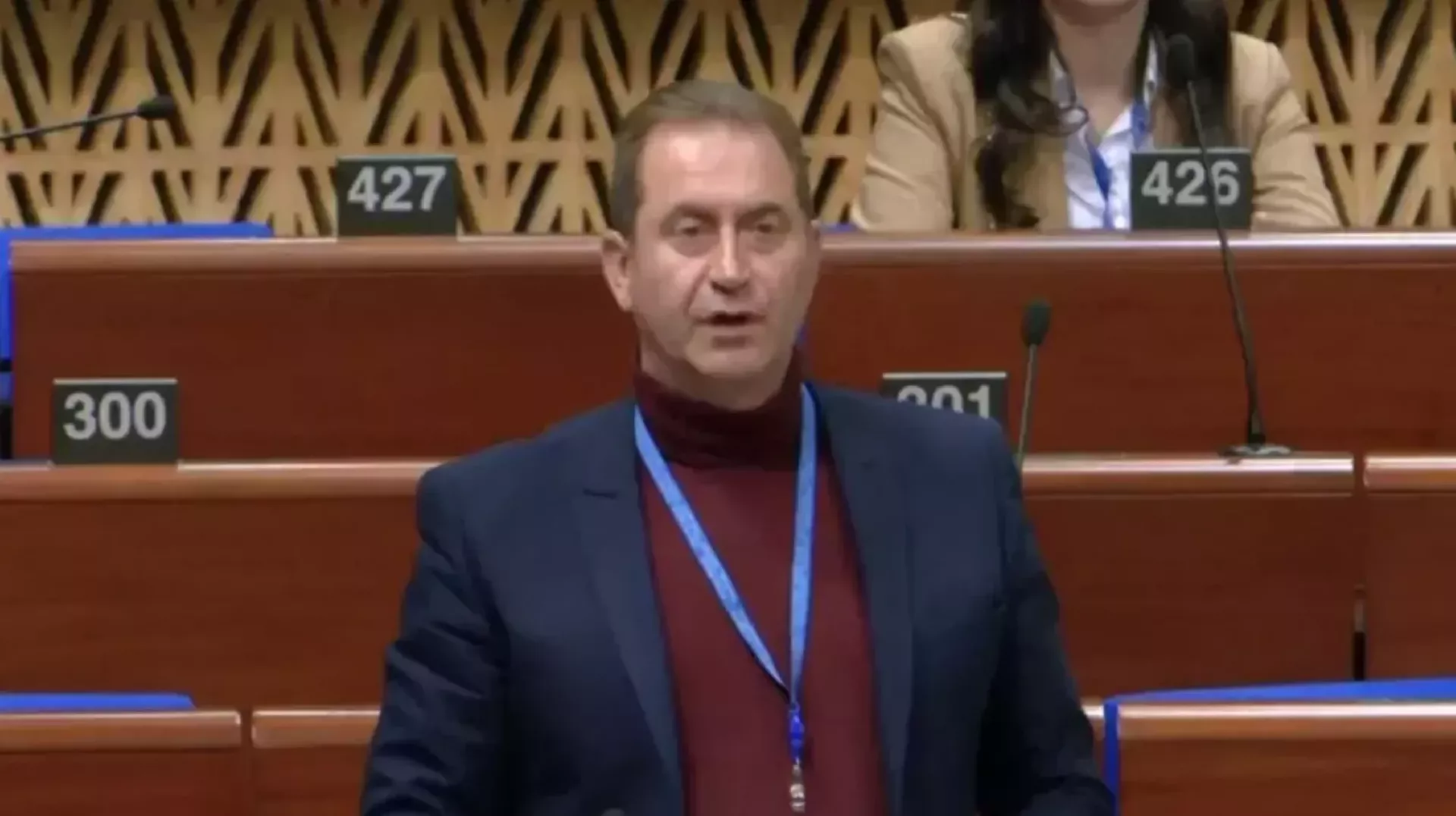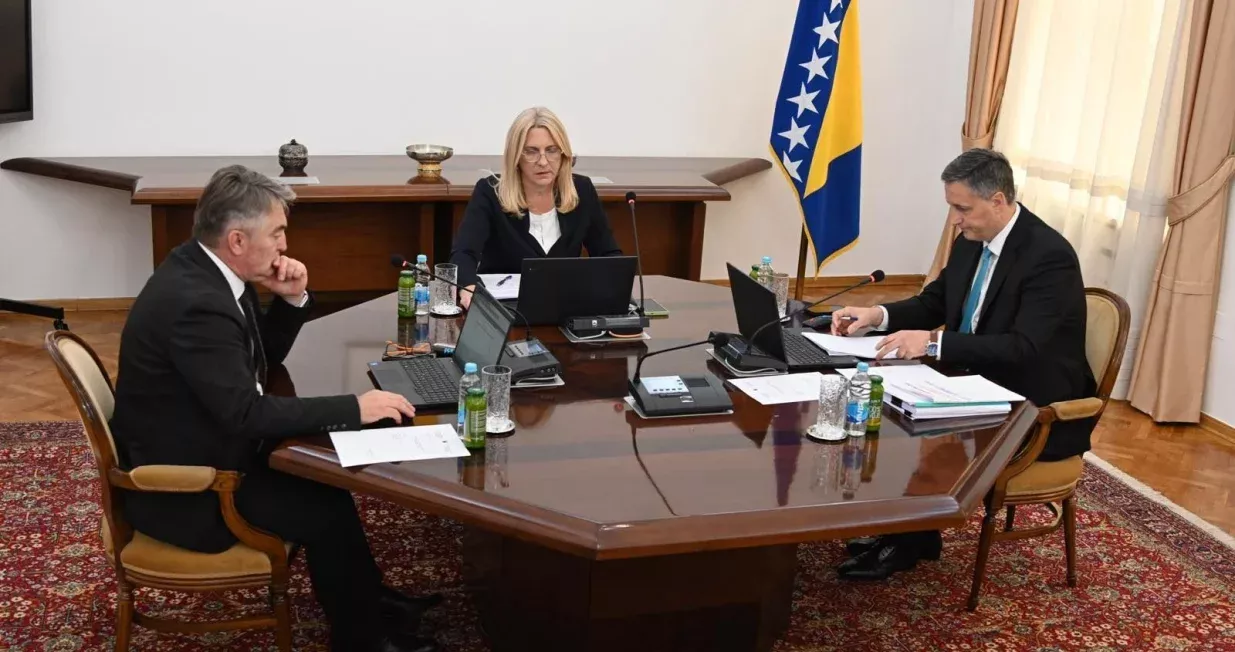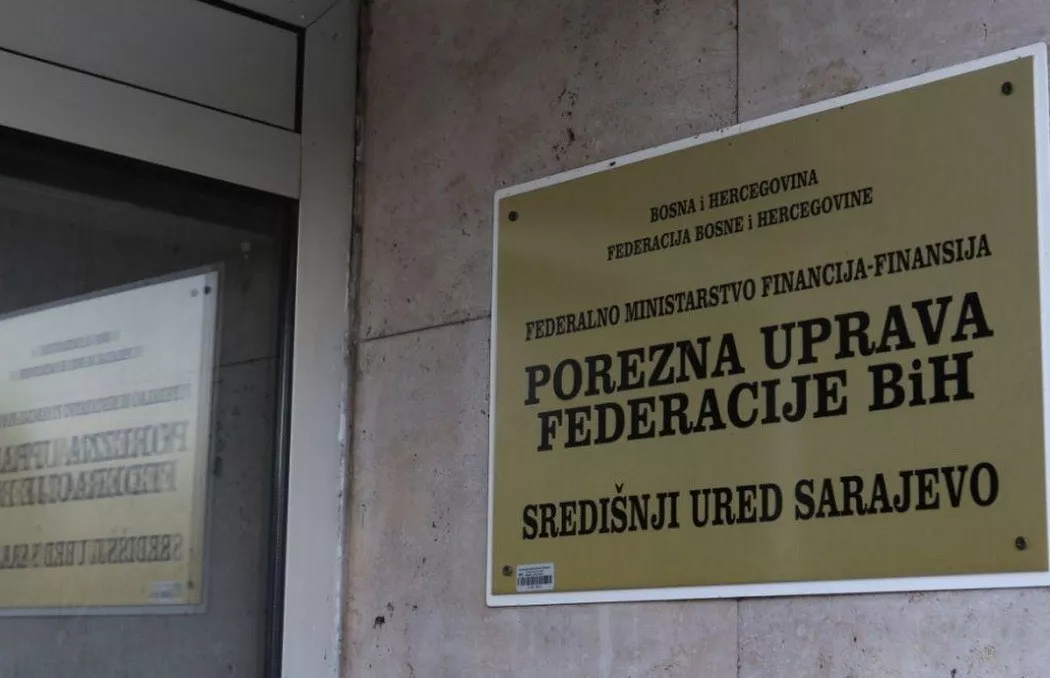


.jpg.webp)
Sanctions imposed by the US on Milorad Dodik are manifestation of the long standing situation in BiH. It is also the first, somewhat more resolute move by a member of the international community, particularly of the guarantors of the Dayton Peace Agreement, Tonino Picula, delegate in the European Parliament told Patria.
He further explains that, the US obviously assessed that the time has come for them to show they care for the territorial integrity of BiH - in a concrete manner, 'and I would say that they, after a long time, decided to point the finger at the politics which is driving ever progressing disintegration of BiH, according to Dodik's vision'.
- This is a kind of warning. They directed sanctions on one person. Although, we well know that Dodik was not created in a vacuum, he is not a mere manifestation of jeopardizing the Dayton order, he is a child of the Dayton order. That's why these sanctions are contradictory in a way, Picula says and adds:
- As long as there is the Dayton order that is not changing or is very hard to be changed, behavior such as Dodik's will be possible, not only by the chief of RS but also by all others who would like to see their political future outside of what is BiH today. They could begin to follow Dodik's example.
Picula thinks that the US sanction should be a kind of warning for all those who wish to change things in BiH, which ought to be done by means of agreements, negotiations... 'but certainly not in the way Milorad Dodik has done'.
Asked for his thoughts on Dodik calling the sanctions 'revenge by the US Ambassador in Sarajevo, Maureen Cormack', and not the US sanctions, Picula reminded that 'there were many US ambassadors in BiH and 'they all had bad relations with Milorad Dodik'.
- The black list is the instrument of the entire administration. That said, there is a question how come it was not done earlier, why it happened at the time of departure of Obama and his administration, and if Trump's administration will maintain the same course, Picula explains.
Asked if the EU could impose similar sanctions on Dodik, Picula says that such a decision would require all EU members to agree.
- The EU is trying to articulate foreign and security policy jointly. So far, there have been no official proposals for such sanctions. A lot of it depends on how things will develop in BiH itself, if there will be any changes after the US sanctions or not, Picula says.
- The next session of the European Parliament, within the framework of meetings of the Foreign Policy Board, will include an agenda item on the growing tensions in the Western Balkans, when we will see how the management of the EP Foreign Policy Board will articulate the said agenda item and how will debate go. I'm certain that the rationale behind including the agenda item is the current situation, primarily in BiH, Picula explains.
- EU is lagging behind the US, mainly because of the nature of its internal structure, so it is harder to make decisions. In the last 2 years, practically since the refugee crisis, we see how Europe is having hard time to agree on joint politics towards refugees, how it's difficult to maintain sanctions towards Russia, hence my belief that in that same light one should understand the slow approach to obvious threat to stability of BiH.
Could some of the EU members impose individual sanctions on Dodik, or does it have to be aligned with Brussels?
- It would be utterly unusual for any country to go solo in this situation, that is, to make a move on its own. We are talking about the politics of the EU towards country that got the opportunity to start negotiations concerning the possibility for EU accession, so it is not realistic to think that any of the EU countries will make an independent decision. They are more likely to try and agree joint actions at the EU level, Picula told Patria.
